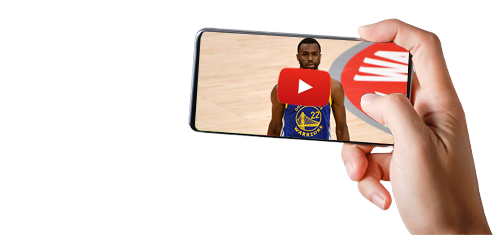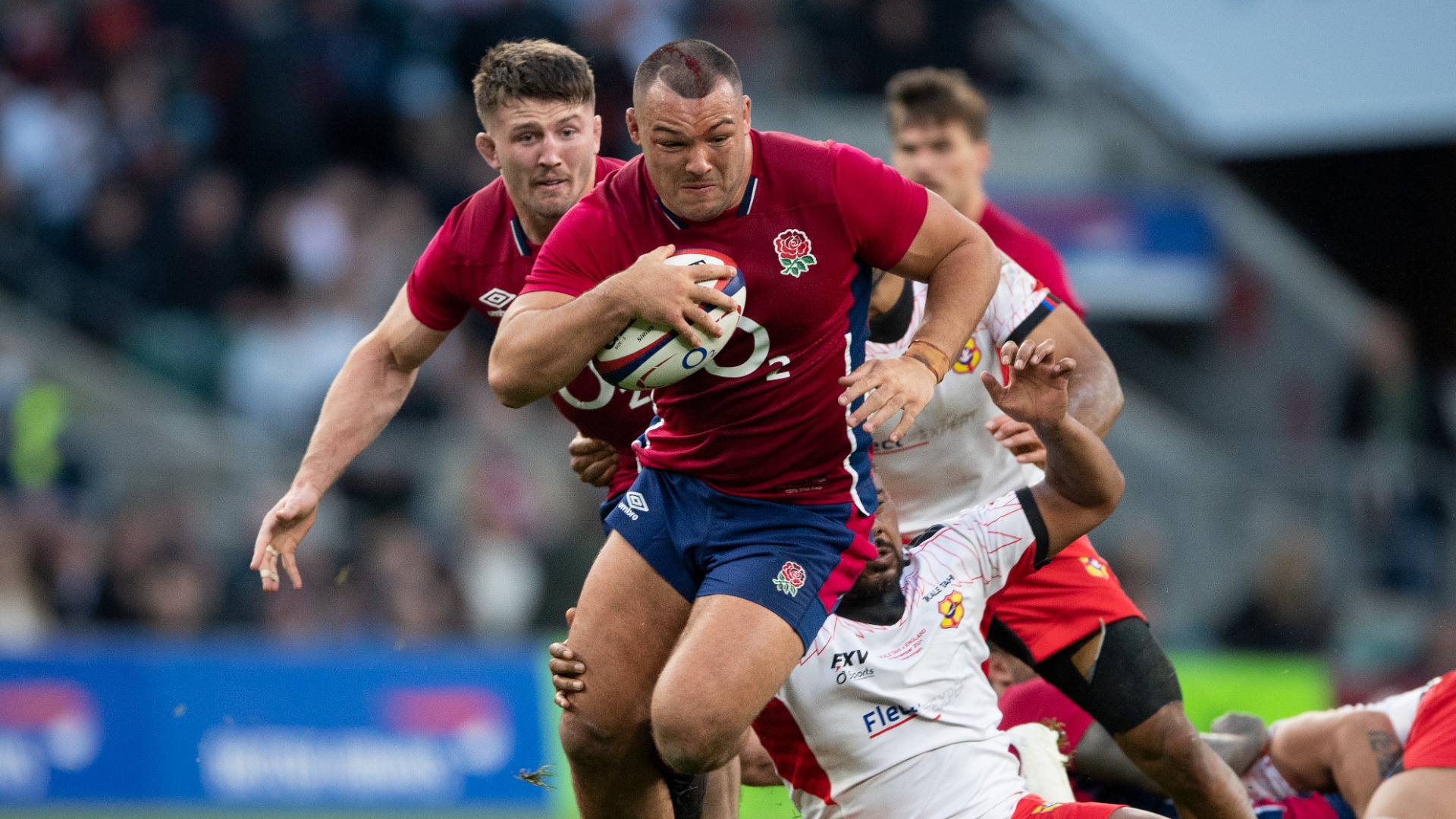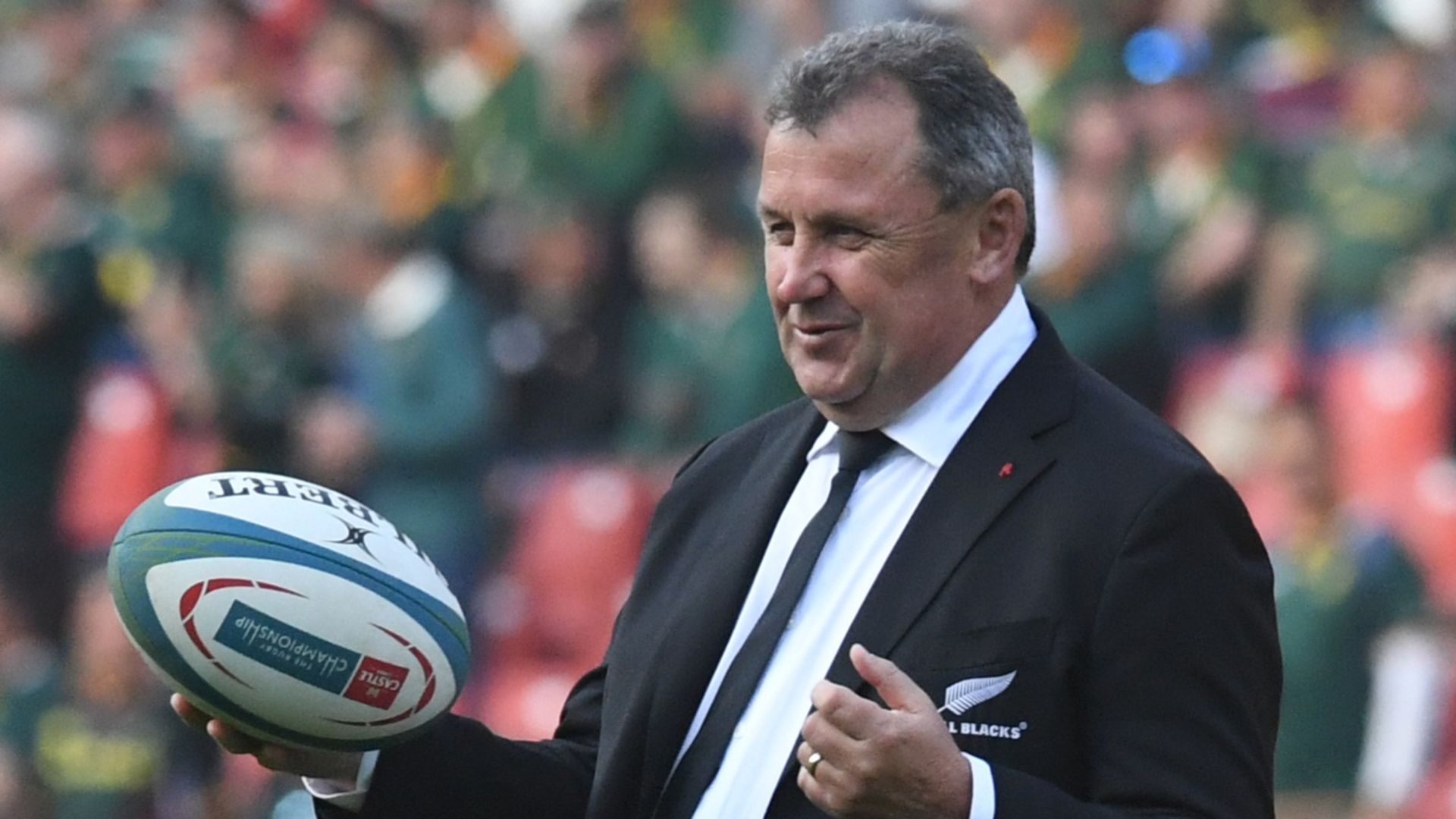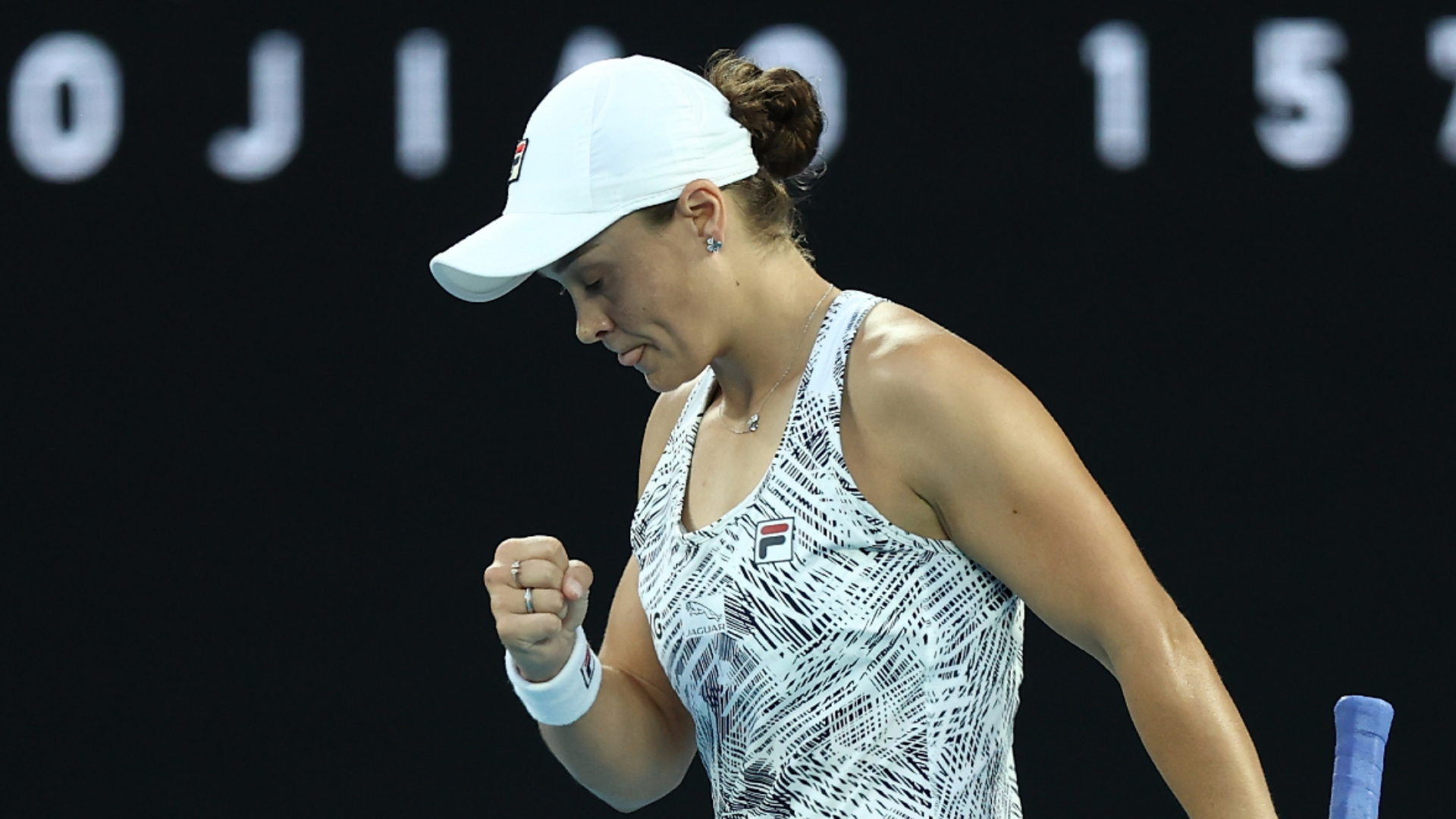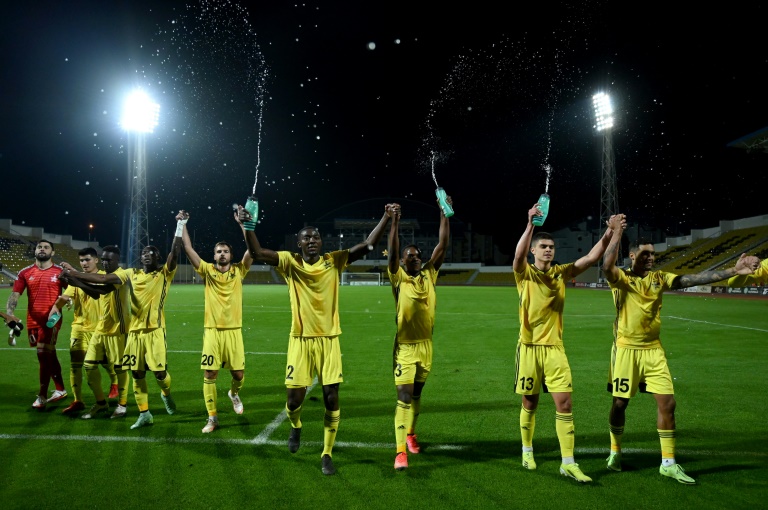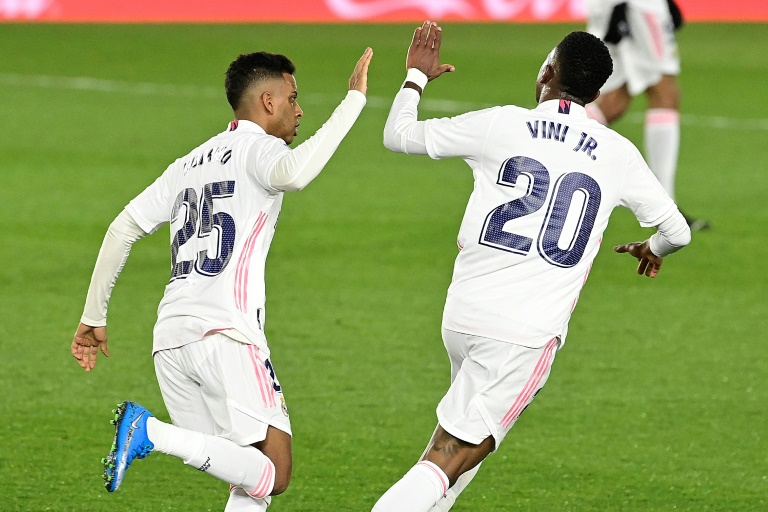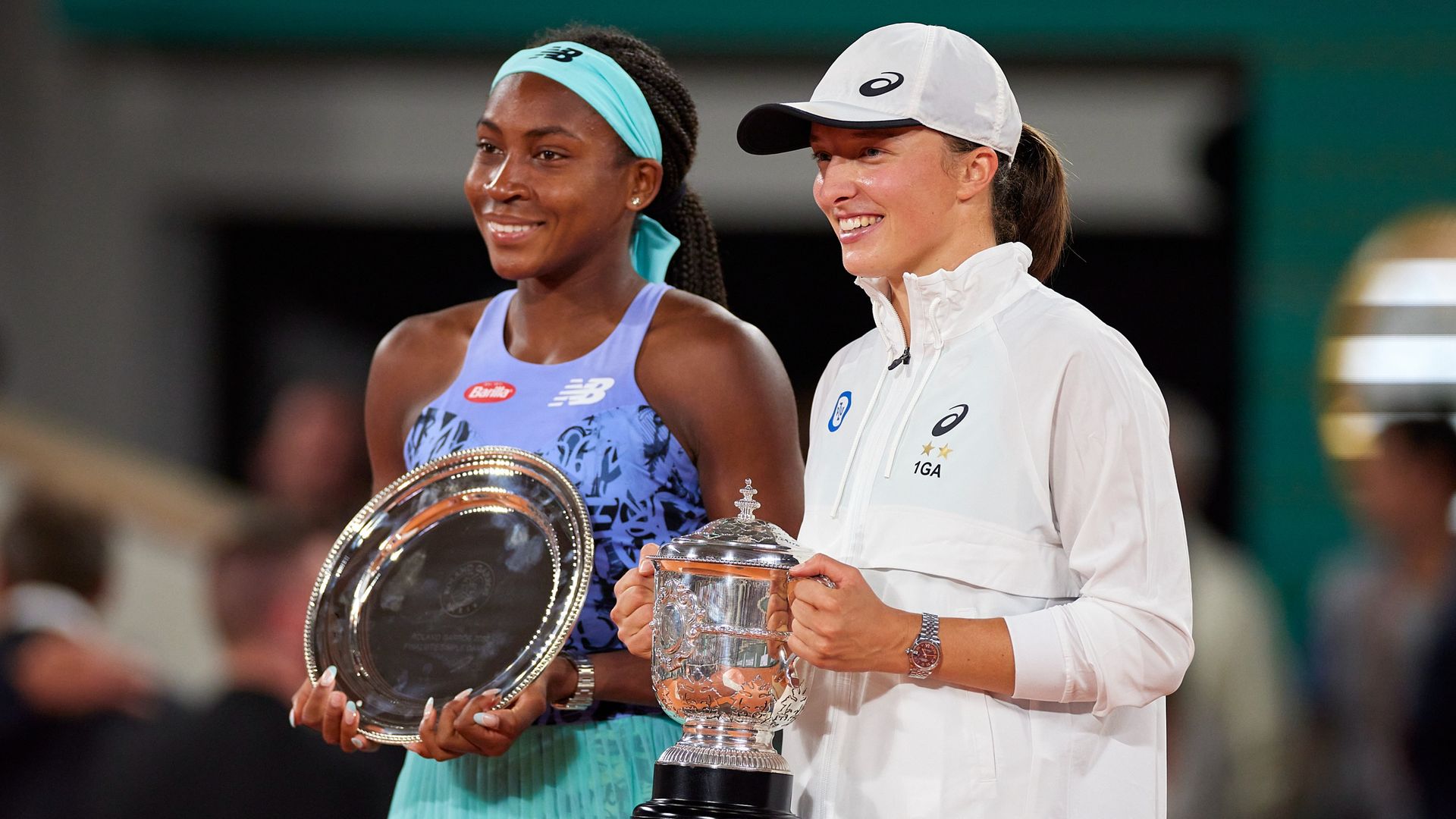
Coco Gauff responded to a punishing defeat by Iga Swiatek in the French Open final by declaring: “Now I know that’s what I have to do.”
Blessed with wisdom beyond her years, the 18-year-old Gauff has made powerful statements on police brutality, LGBTQ rights and gun violence in her young life, and at the same time her impressive tennis game has continued to evolve.
On Saturday she contested the first grand slam final of her career and was reduced to tears after a 6-1 6-3 pummelling by Swiatek, who needed just an hour and eight minutes to cross the winning line.
Gauff was still feeling raw when she spoke in a post-match news conference, but she could yet leave Paris as a major champion, given she and fellow American Jessica Pegula face France’s Caroline Garcia and Kristina Mladenovic in Sunday’s doubles final.
At 18 years and 84 days, Gauff was the youngest women’s grand slam singles finalist since Maria Sharapova at Wimbledon in 2004, but the 21-year-old Swiatek is a step ahead of her for now.
It has nonetheless been a fortnight of progress from Gauff, who said: “I don’t know what my happiest moment has been. Hopefully it will be tomorrow if we can win in doubles. From the singles, obviously winning is the last hurdle, but reaching the final is almost as difficult because you are pretty close.”
Mother Candi and father Corey brought along Gauff’s younger brothers Codey and Cameron for the biggest moment of Coco’s career to date. The clan have been playing cards together in the evening, and Gauff said she was winning in that contest.
The Gauffs watched on as Coco wept in her chair on court while Swiatek celebrated victory in the stands with family and her support team, the champion also sharing a hug with Poland and Bayern Munich footballer Robert Lewandowski.
Gauff reflected on the moment the tears came, saying: “I try really hard not to cry on the court. I feel happy really and sad, so it’s like, I don’t know how to handle it.
“I hate myself for crying. I have to get drug-tested and I told the lady, ‘Do I look like I’ve been crying for so long?’.
“I don’t know whether to smile or cry. Emotionally it’s just a lot for me to handle.”
But amid the sadness there was defiance, as Gauff said: “Tomorrow I’m going to wake up and be really proud of myself.”
World number one Swiatek extended her remarkable winning sequences to six consecutive titles and 35 match wins, and Gauff said her conqueror, like the now-retired Ash Barty before her, was setting a standard that the rest would have to strive to match.
“Now that I have seen the level, this level of number one and 35 matches, I know that’s what I have to do,” Gauff said. “I’m sure I’m going to play her in another final, and hopefully it’s a different result.”
Gauff, whose forehand was erratic, added: “In the match it probably looked like I was freaking out, but really it was just Iga was too good. I wasn’t freaking out.”
After the doubles final, Gauff will start to think about the grass season and Wimbledon.
She welcomed Swiatek sending a message of support to the people of invasion-hit Ukraine during her on-court victory speech.
“I think using sports as a platform is important,” Gauff said. “For me, it’s about influencing people and influencing the leaders that are in office and leaders around the world maybe to hear that message.”
And as she left Roland Garros for the night, Gauff had wrestled back control of her emotions, having helped her family get over their own sorrow.
“After the match, my little brother was crying and I felt so bad, because I was trying to just tell him, ‘It’s just a tennis match’,” Gauff said.
“I’m pretty happy and outgoing if people know me personally. For them to see me so upset, I think that’s what hurt them the most. Tomorrow, or even tonight, we’re going to play cards again and we are going to laugh and we are going to be fine.”



